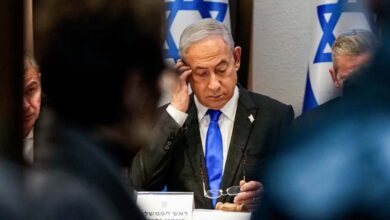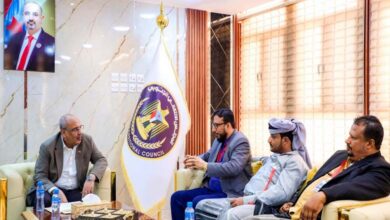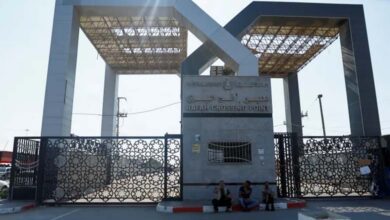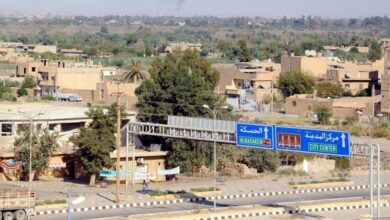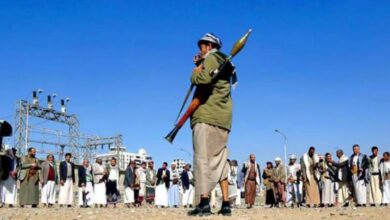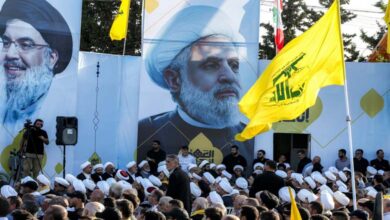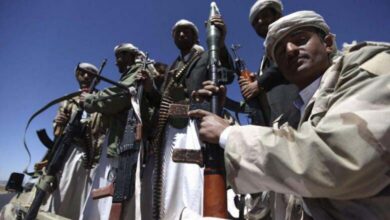Did the Muslim Brotherhood aim to destroy the Egyptian identity? Details
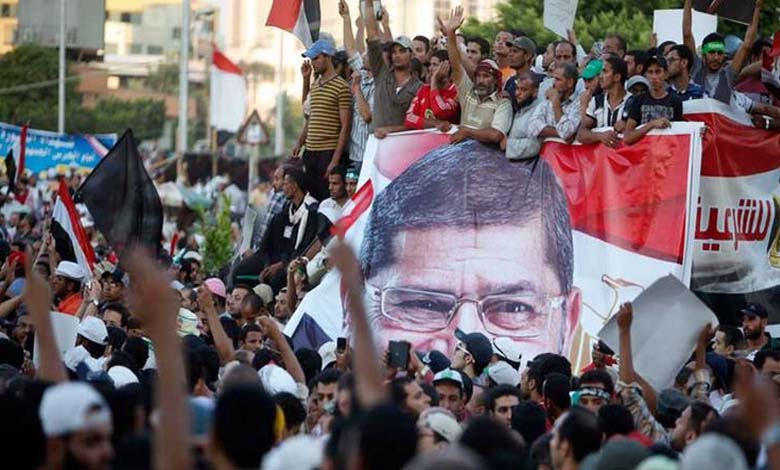
The Muslim Brotherhood, classified as terrorist in several countries, works on two projects: the first is the destruction of the Egyptian identity, and the second is the care of the population, meaning the people. All these groups consider the priority to be the Islamic identity, i.e., the project of the caliphate they refer to as “global theocracy,” as affirmed by journalist and researcher in political Islam affairs, Maher Farghali.
-
From the Middle Leadership of the Muslim Brotherhood… Harsh Sentences Against a Brotherhood Cell Aimed at Striking the Egyptian Economy
-
The Muslim Brotherhood launches a preemptive campaign to cast doubt on the Egyptian presidential elections… Details
Farghali argued that all countries governed by Islamists had as their priority changing the national identity, rather than caring for the population in terms of economic and financial development in general. He said, “If we go back a little, we will find that during their rule, the Brothers announced what they called the Renaissance project, which in its entirety was all about identity and not about development.”
During their rule, the Brothers announced that the Renaissance project was merely a set of impractical ideas, focusing primarily on how the group would govern Egypt, a deceitful project for political forces in particular, and the people in general.
-
Egyptian Researcher: The Muslim Brotherhood Sanctify the Writings of Hassan el-Banna and Cannot Review Them
-
Wide Egyptian rejection of the European Parliament’s report on elections in Egypt: It serves the Muslim Brotherhood Agenda
Farghali points out that the group proposed the project in four stages: the first involving a 100-day period, the second phase, known as the two-year qualification phase, with mechanisms for addressing underlying issues, followed by the third phase, which began in 2016 and lasted five years. The fourth phase marks the beginning of the Renaissance, which Khairat El-Shater estimated would require between 15 to 20 years.
The researcher in political Islam affairs notes that the group realized, after the June 30 revolution and years of political work within Egypt, that their project of identity destruction had failed, as indicated in documents issued by the group under the title “Before the Vision.”
-
The Curse of the Muslim Brotherhood Haunts Egyptians in Turkey… New Issue of Citizenship Revocation
-
This is what Al-Ghamry revealed about the Muslim Brotherhood’s stance on reconciliation with the Egyptian regime
The “Before the Vision” documents indicate that the group made serious mistakes in its relationship with other community entities, whether in terms of integration, competition, or rivalry, and the absence of an integrated political project, especially for state management, as well as the absence of specialized academic treatment in managing and analyzing information, in addition to the absence of any indicators of practical political ambition or space for the development of political thought or its theorization.


